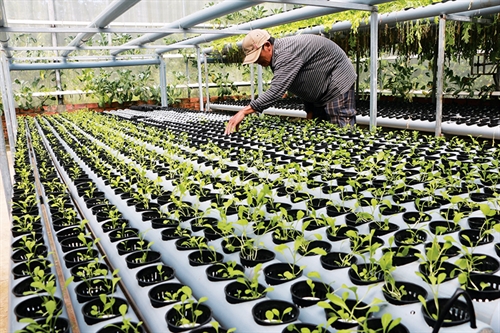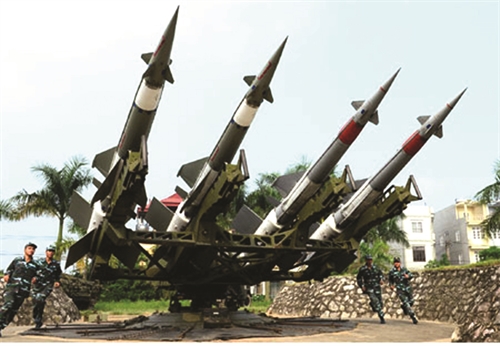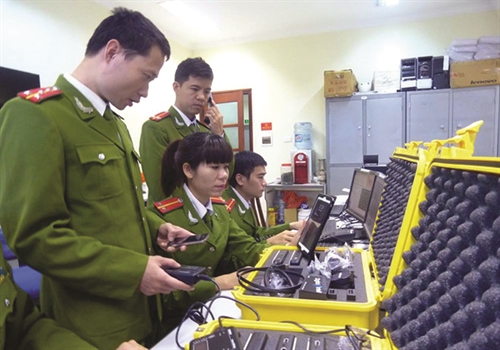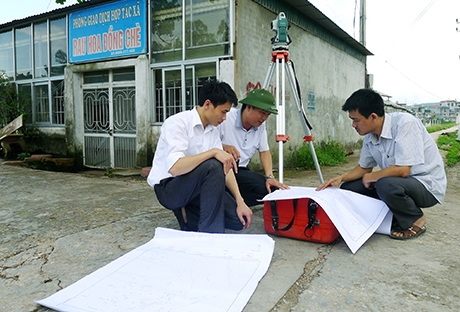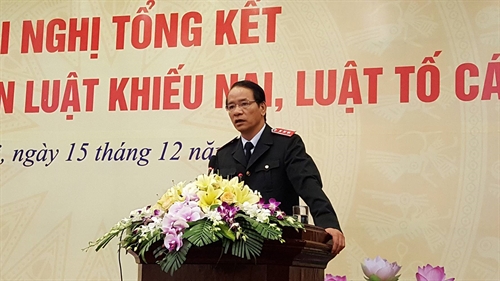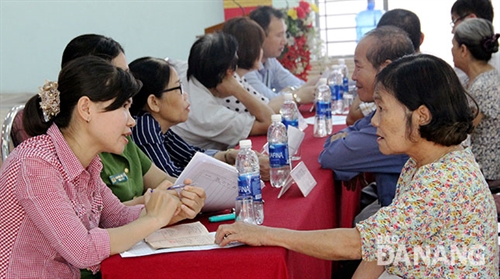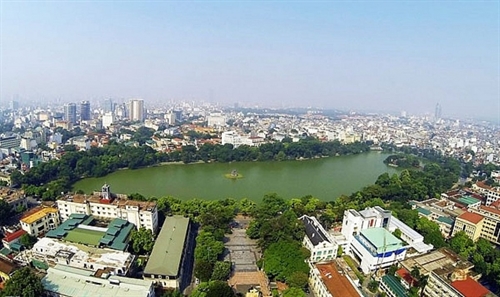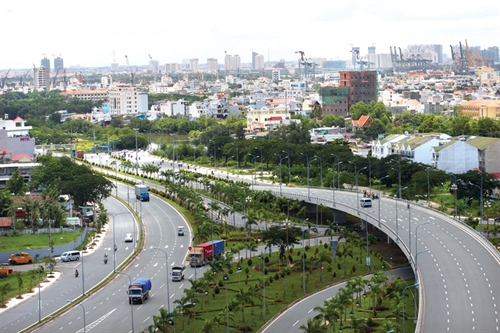Adopted in last November and effective from the beginning of next year, the Law on Animal Husbandry (the Law) provides a legal framework on domestic animal breeds, animal feed, animal husbandry conditions, humane treatment of domestic animals, and product processing and markets. The Law also prescribes the rights and obligations of organizations and individuals involved in animal husbandry activities and state management of animal husbandry.
In addition to the Law, Vietnam now has other three laws in the agriculture sector, namely the 2017 Laws on Fisheries and Forestry, and the 2018 Law on Crop Production.
Compared to the 2004 Ordinance on Domestic Animal Breeds (the Ordinance), which is replaced by the Law, the latter’s scope of regulation is expanded in order to manage animal husbandry based on value chains. As per the Law, animal husbandry is defined as a techno-economic industry to regulate all activities on animal husbandry. Below are some salient provisions of the Law.
Epidemic-free animal husbandry zones
The building of epidemic-free animal husbandry zones is particularly important for the negotiation and conclusion of agreements on export of animal husbandry products.
According to Article 8 of the Law, epidemic-free animal husbandry zones must satisfy the requirements on animal epidemic-free zones prescribed by Vietnam’s law on animal health and relevant provisions of international law. They must also be suitable to conditions of different eco-regions and regional advantages associated with product preservation, processing and sale.
These zones must be built in conformity with socio-economic development master plans and plans and schemes on development of epidemic-free animal husbandry zones approved by provincial-level People’s Committees.
The Minister of Agriculture and Rural Development will set out criteria for and recognize epidemic-free animal husbandry zones.
Domestic animal breeds
The Government will issue the list of domestic animal breeds that need to be conserved and the list of those banned from export, the Law states. Unlike the Ordinance, the Law does not require creation of the list of domestic animal breeds permitted for production and trading.
The Law says that organizations and individuals may produce and purchase and sell domestic animal breed products when they satisfy the prescribed conditions. This provision helps organizations and individuals have more freedom in the process of producing and trading domestic animal breeds in conformity with the 2013 Constitution, and the 2014 Laws on Investment and Enterprises. They will also be able to access scientific and technological advances. Particularly, importers now have to carry out fewer administrative procedures than before.
Regarding imported domestic animal breeds and domestic animal breed products, the Law requires their origin, quality and purposes of breed propagation and creation to be certified in writing by competent authorities of exporting countries. These breeds and products are also subject to declaration of their applicable standards and quarantine in accordance with the law on animal health.
Noticeably, the inspection of domestic animal strains and breeds is introduced for the first time under the Law. Such inspection will be carried out by eligible domestic animal strain and breed assay establishments as publicized by the Ministry of Agriculture and Rural Development.
As per Article 28 of the Law, the inspection will be conducted upon the receipt of a complaint or denunciation about quality of domestic animal strains or breeds, a request for expert assessment from a competent state agency, or a request from an organization or individual.
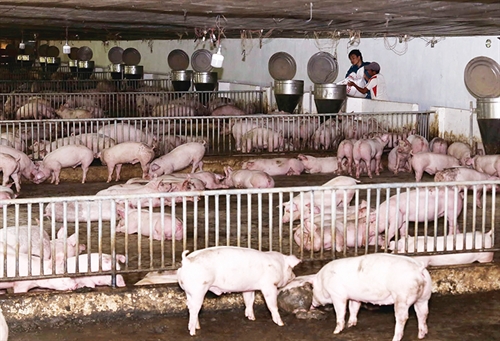 |
| A pig farm meeting VietGap standards in Quoc Oai district, Hanoi__Photo: Vu Sinh/VNA |
Humane treatment of domestic animals
As required by the Law, organizations and individuals engaged in animal husbandry activities must have humane treatment of domestic animals in animal husbandry, transportation, slaughter, scientific research and other activities. They have to supply adequate hygienic feed and water to, and prevent and treat diseases for, domestic animals, and refrain from beating and maltreating domestic animals. Slaughterhouses must take measures to render domestic animals unconscious prior to slaughter, and avoid allowing domestic animals to see the slaughter of their fellow animals.
The above-mentioned regulation has been popular in many other countries but just mentioned for the first time in a Vietnam’s law. This is also considered a condition for animal husbandry activities, and import and export of animal husbandry products.
The Law also requires humane treatment of domestic animals in belief, religious and cultural activities to suit reality and be accepted by the community.
Processing and markets of animal husbandry products
The Law devotes Chapter VI to processing and markets of animal husbandry products.
Provisions on trading and processing of animal husbandry products aim to ensure food safety. Specifically, traded and processed products must be of clear and traceable origin.
It is prohibited to use animal husbandry product processing or preservation additives and aids which have expired or are outside the list of substances permitted for use or which are on this list but have contents exceeding prescribed limits. The Law also disallows the use of chemicals of unclear origin and chemicals banned from use in processing or preservation of animal husbandry products.
Regarding animal husbandry product market forecasts, the Law asks the Ministry of Industry and Trade to make forecasts of animal husbandry product market demands, and the Ministry of Agriculture and Rural Development to make forecasts of animal husbandry product supply sources on an annual basis.
In addition, these two ministries must update domestic animal husbandry product prices and markets on a weekly basis and update international ones on a monthly basis to meet the state management requirements.
The above forecasts and updates must be publicized in in bulletins of the two ministries and in the mass media as well.- (VLLF)
